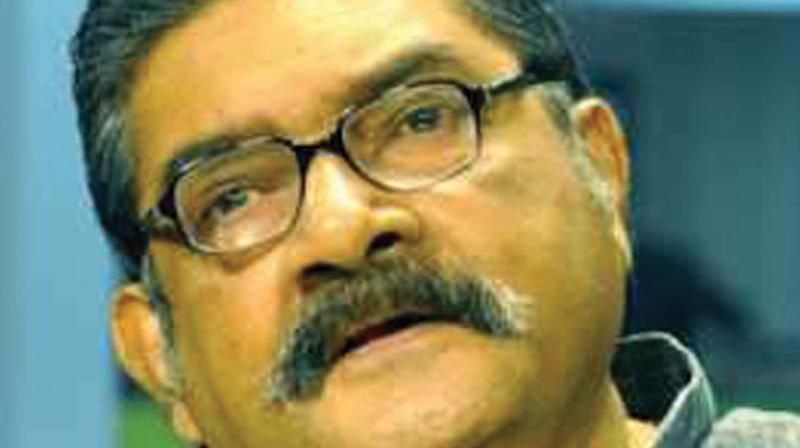Never the stereotype ‘buddhijeevi’

In a landscape marred by the cacophony of pseudo-intellectuals and half-baked scholars, the passing of a polymath like Dr. Babu Paul creates indeed a stillness which is bound to linger for long.
What is well documented and publicly appreciated is his journey from a school head master's homestead to the highest echelons of the Indian civil service. That “he touched nothing that he did not adorn” is the stuff of lore of his long years in public life.
But it is one of the perennial ironies of Kerala's culture of discourse that scholars who dabble in noetics are not accorded the cult status which is usually reserved for the breed which come to be categorised as the “progressive/liberal” set. One cannot be a believer and aspire to belong to this high-brow cult!
Dr. Babu Paul’s strength was that he was firmly rooted in the ideas or the isms of this soil, though by conviction and upbringing, he was a staunch follower of a Semitic faith. In a State where religions and beliefs commingle and coexist like perhaps nowhere else in the world, his was an outstanding “voice of wisdom” who would articulate his thoughts with passion for both its physical and metaphysical origins.
In the process,he criss-crossed boundaries and would be at home speaking about the Katha Upanishad or the Canticle of St. Assisi. He was an original conceptualist baptised in Oriental thinking and espoused the cause of inter-faith interactions and the essential oneness of all religions.
Never afraid to speak his mind, he had gone on record to tell the Church that it should formally announce that its social activities will not be used for proselytisation. In all his latter-day speeches and writings, the unifying aspects of all the major belief systems was a recurring motif.
“Consideration for the Other”, for him was the wellspring of spirituality irrespective of its religious origins. But he preferred to locate this ideation from within the space of religion, rather outside of it. And perhaps it is for this reason that he was neither feted nor lauded as a public intellectual, notwithstanding the breadth of his knowledge and his overarching sagacity.
Only those who missed his latter day speeches and writings will hark back to his days in the IAS. For these reflected better the evolution of his persona. Compassion for all living beings was the bedrock on which his belief system was built. And he practised whatever he expounded.
Taking a leaf out of his father’s example who set aside 50 per cent of his salary of `30 (in pre-independence India) for the education of children of the so-called lower castes, Dr. Babu Paul started spending 10% of his income for charity including education of the of the underprivileged, right from his days as a District Collector.
He often used to quote his father’s dictum that one should be a student throughout one's life. The compilation of the unique Bible dictionary in Malayalam, among other books, was a product of this enduring journey as an endlesss seeker.
Free from the trappings of the typical “buddhijeevi”, Dr. Babu Paul, to my mind, exemplified the best of intellection, underpinned by an ennobling vision.

